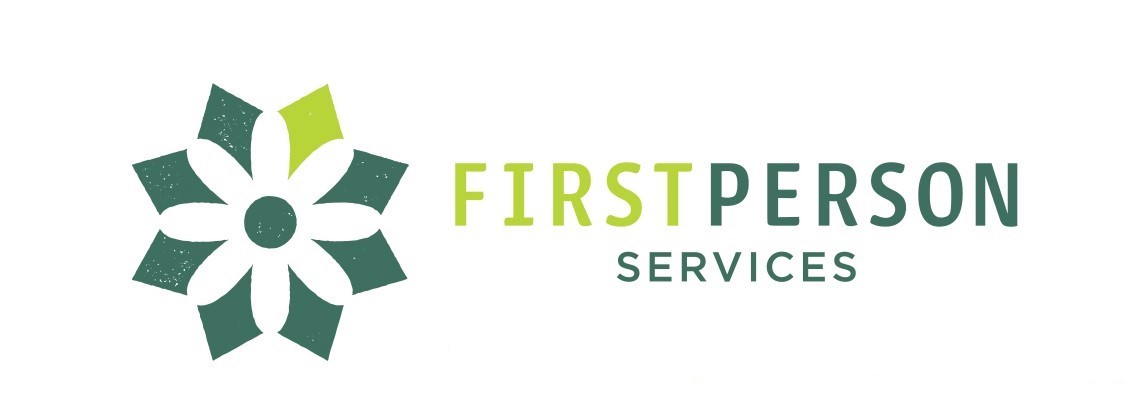One of the topics that we cover in Person Centered Thinking workshops is our tendencies to want to come up with quick responses to challenging situations in order to “fix” them. We examine this both as a type of habit of traditional services as well as an inherent characteristic of certain jobs in typical human service agencies. The whole dynamic underpinning concepts of treatment involves problem identification and successful prescriptions that make the problem go away. However, when this dynamic is applied to an effort to assist someone in their pursuit of a full life in the community, fixing or prescribing is not only out of place but can at times be counterproductive or damaging. It’s here where the urge to fix needs to be put on hold and space created for thoughtful consideration. One of the first question that should be addressed is “who is defining the problem?” That’s when we bring in skills like “Working/Not Working” and have that drive a discovery process from the perspective of everyone involved with a posture that honors the value of those different perspectives. The task must take cultural factors into consideration as well. Each person engaged and who cares is asked “what is working and what is not working about this situation?”. If we nurture a discipline of creating a gap between the situation that presents itself to us and our ultimate action, we can spend time in that gap working with another important skill that we learn in Person Centered Thinking. That involves the contemplation of another question: “do we have a current understanding of what is ‘important to’ the person at the center and how that balance with the health and safety issues might have shifted since we last asked the question?”. The answer is usually ‘no’, so an effective way to review this that includes the person is a skills set an habit that needs to be nurtured as well. When we ‘mind the gap’ and develop a comfort in spending the time there to bring the person into the process we’re moving forward in being person centered.
Learn more about the Person Centered Thinking skill covered in an introductory workshop here:
Register for an upcoming workshop here:
